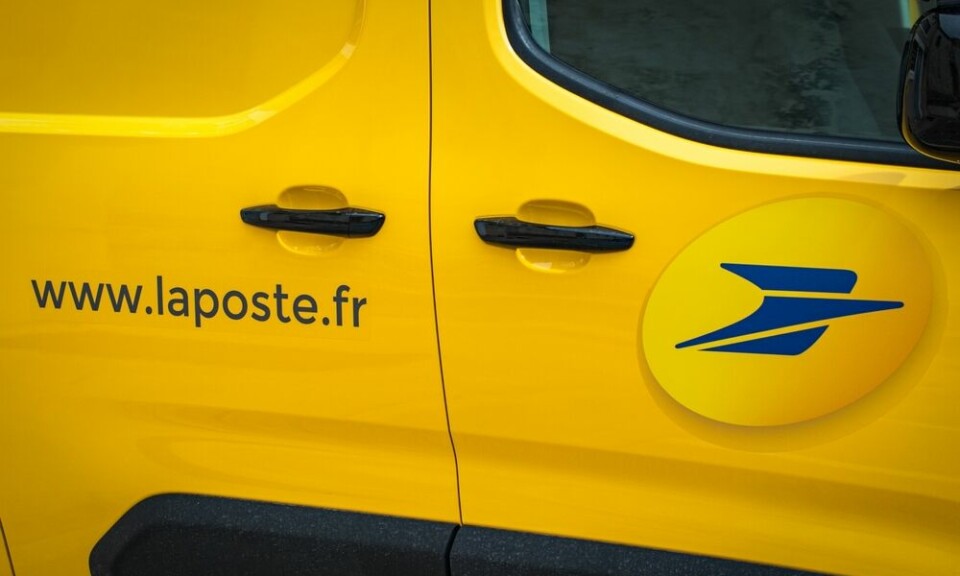-
Many parcel collection points in France are overwhelmed as Christmas approaches
Heavy customer traffic leaves some struggling to cope
-
Warnings issued over connecting to public WiFi networks in France
Lack of encryption and risk of connecting to ‘fake networks’ leave users at risk of hacking attempts
-
Provence’s santon makers seek geographical protection for historic craft
The small, hand-painted clay figurines are at the heart of traditional French Christmas nativity scenes
Dunkirk is Europe’s first big city to offer free buses
Dunkirk (Nord, Hauts-de-France) has become the first European city with over 200,000 inhabitants to offer free bus transport for all, seven days a week.

After having been successfully trialled at the weekends for three years, the scheme has now been rolled out permanently.
It applies to all buses in the city’s public transport network, across Dunkirk’s 17 communes.
The city hopes to double passenger numbers from 5% of residents who regularly take the bus, to 10%, in the coming months.
Free transport is already available in several towns across France, including Compiègne, Châteauroux, and Niort, but this is the first time in Europe that a city of over 200,000 inhabitants has offered it.
Previously, one bus journey cost €1.40, with passenger tickets making up 10% of the transport system’s total budget - €4.5m of a total cost of €10m per year.
This will now be covered by the government, and a new 1.55% local business tax.
Bus company DK’Bus has had to make several preparations to roll out the scheme, including recruiting and training 42 new bus drivers, and acquiring 45 new Wi-Fi-connected buses powered by natural gas.
The number of bus lines has increased from 10 to 17, and the aim is to offer one bus every 10 minutes on each line, between the hours of 7h and 19h.
The company has also installed more bus lanes, priority areas, bus stopping zones, and timed red lights.
Authorities also say that the buses will be safer for drivers, as they have no cash tills on board. Already, figures suggest that aggression towards drivers has dropped 60% since the scheme’s introduction.
The move was an election promise of Dunkirk mayor Patrice Vergriete, who was elected in 2014.
He has hailed the move as a success for residents, as well as for the environment, as it is now hoped that more people will leave their cars at home, and take the bus.
Mr Vergriete said: “There are three main reasons for the free scheme. The first, is that it gives back buying power to Dunkirk residents. The second, is to make Dunkirk residents more mobile, to fight social exclusion. The third reason is environmental, as two thirds of journeys are done by car.
“The idea is therefore to balance the forms of transport.”
Stay informed:
Sign up to our free weekly e-newsletter
Subscribe to access all our online articles and receive our printed monthly newspaper The Connexion at your home. News analysis, features and practical help for English-speakers in France
























